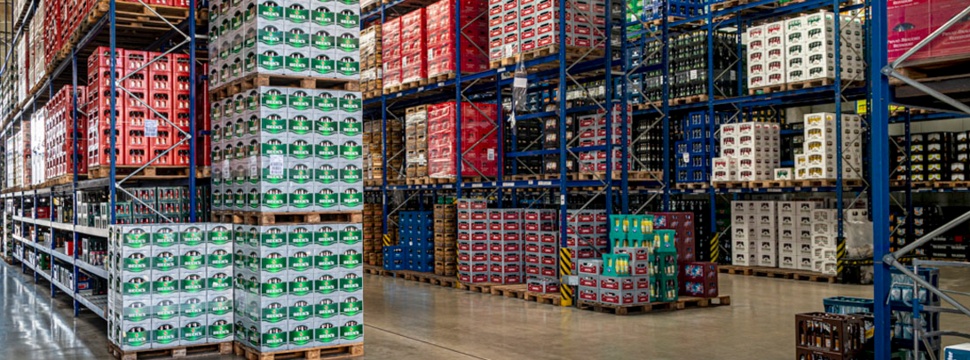GFGH: "Value-added tax increase is the wrong signal"
News General news
Bundesverband des Deutschen Getränkefachgroßhandels e. V. (BV GFGH) criticises planned abolition of reduced VAT rate in gastronomy and warns of far-reaching effects on related industries

The Federal Association of German Wholesale Beverage Traders (BV GFGH) expresses serious concerns about the upcoming VAT increase in the catering industry planned by the Federal Government for 1 January 2024. This measure, which is to increase the previously reduced VAT rate again from 7 to 19 per cent, could not only hit the gastronomy sector hard, but also have a significant impact on related industries.
The catering industry in Germany has already faced significant challenges in recent years due to economic turmoil, including the Corona pandemic and currently high inflation. One of the measures taken to support this industry was the temporary reduction of VAT to 7 per cent for food. This reduction helped to alleviate the economic burden on restaurateurs and provide consumers with acceptable pricing options for the gastronomic offer. The beverage industry was also helped by the reduction in the VAT rate - although the 19 per cent VAT on beverages remained.
"For beverage wholesalers, restaurateurs are an important trading partner. If the gastronomy sector weakens, so does our industry - we are closely interlinked. We consider the increase in VAT in the current situation to be a completely wrong signal", explains Dirk Reinsberg, managing director of the BV GFGH. He fears: "The acceptance of consumers towards the gastronomy might decrease, prices will inevitably rise due to the VAT increase again. "If we don't manage to keep the gastronomy economically viable and attractive for guests, a property death is the logical consequence."
Suppliers and subcontractors to the beverage wholesale trade, which derive a substantial part of their turnover from supplying restaurants, cafés and bars, would also be affected, he said. Rising costs in the catering trade would result in fewer sales and thus reduced orders in the beverage wholesale trade. A corresponding development would lead to serious challenges for the industry in the medium term and threaten jobs.
"And in the worst case scenario, the spiral would continue," says Reinsberg. Because a weakening gastronomy also has an impact on the city centres. These are important locations for gastronomy businesses and thus play a central role in the revitalisation and attractiveness of city centres. However, if restaurants close or become less frequented due to higher prices and lower demand, city centres could lose vitality and attractiveness. This would have a negative impact on retailers, property owners and the entire economy in city centres. "While the consequences are certainly not felt immediately after the increase in VAT and certainly not solely due to it," Reinsberg emphasises, "we call for a certain degree of sensitivity in dealing with an increase and for politicians to take a holistic view of this issue."
In view of the far-reaching effects this planned VAT increase could have on the catering industry and its related sectors, BV GFGH urges the federal government to consider alternative solutions to support the industry without jeopardising the entire economic structure.










